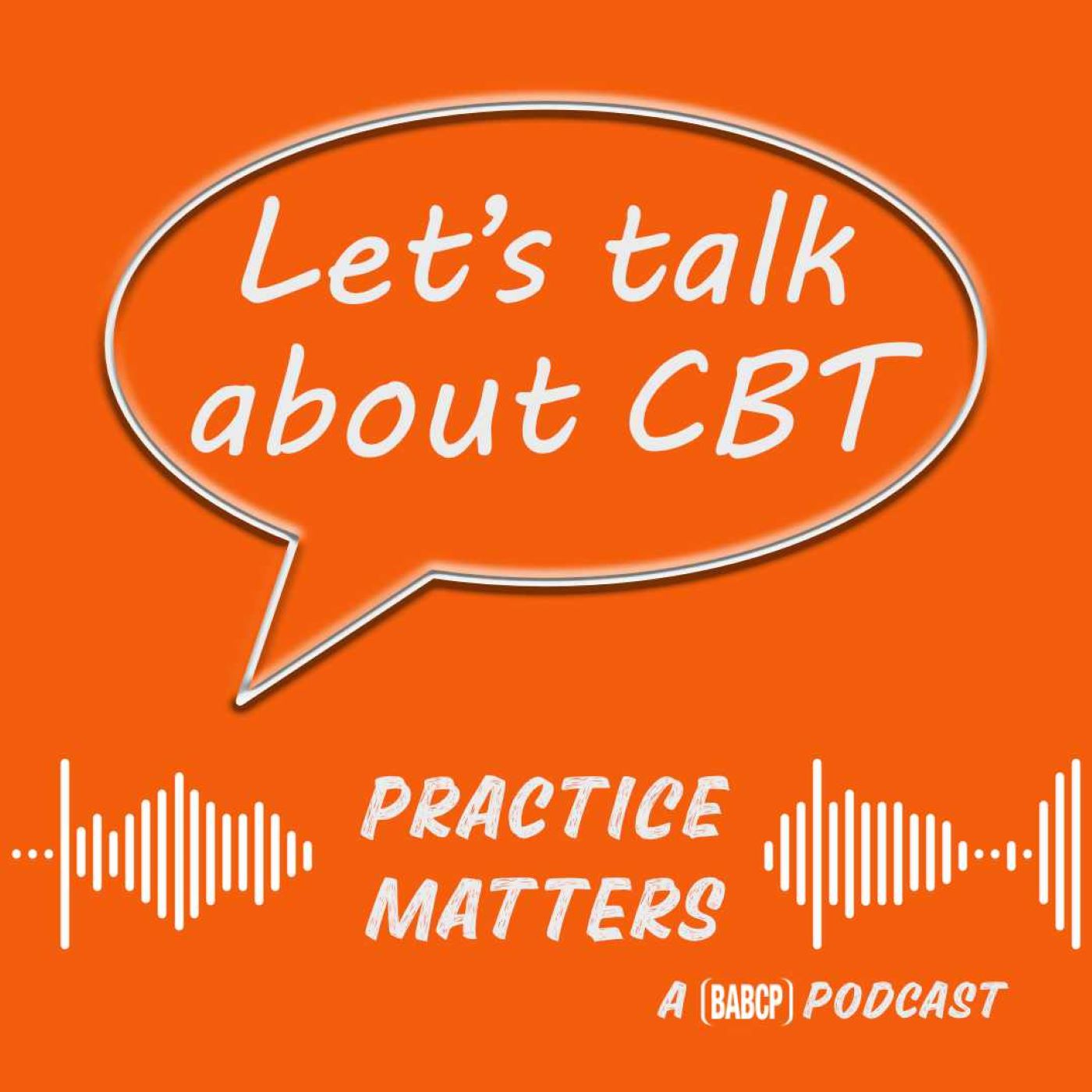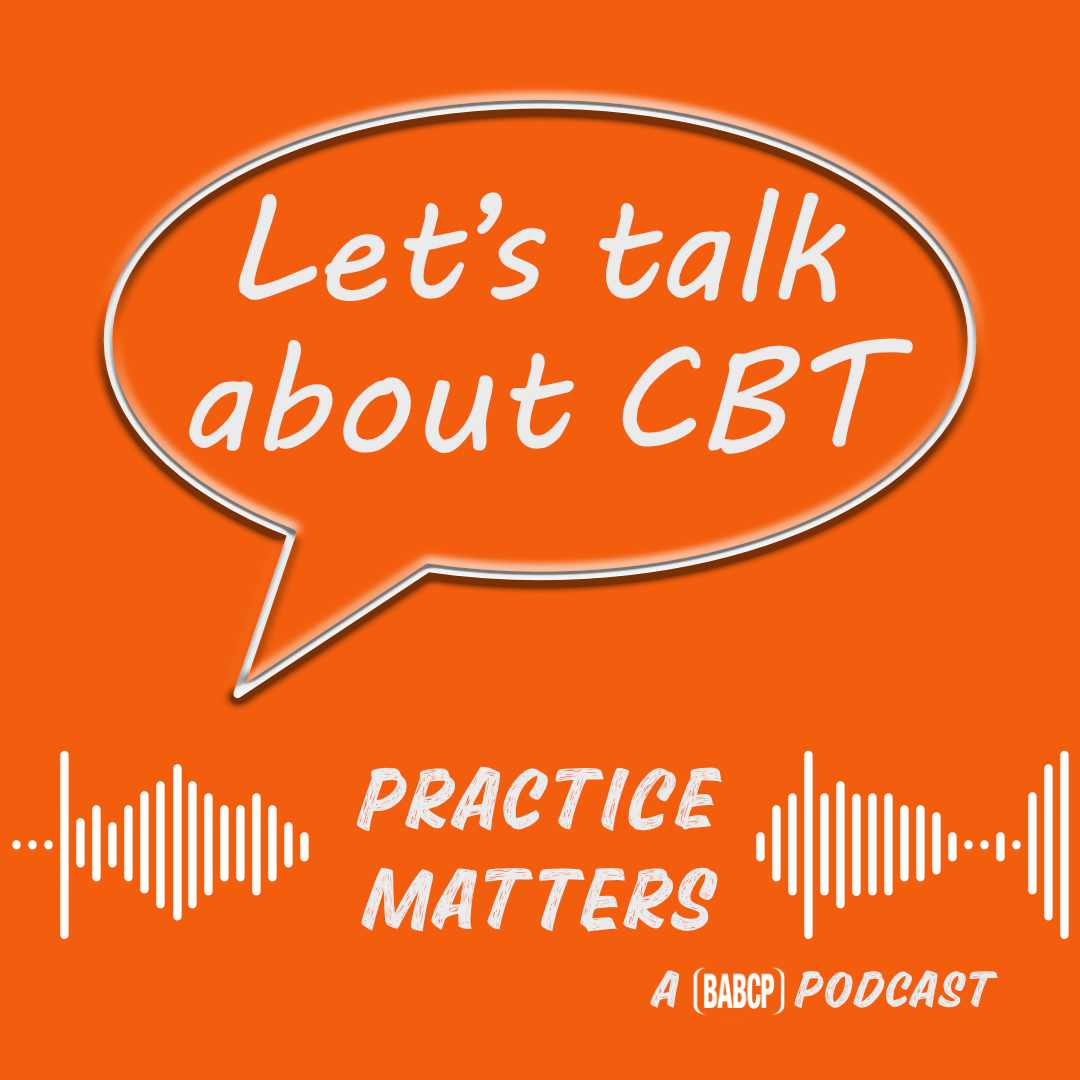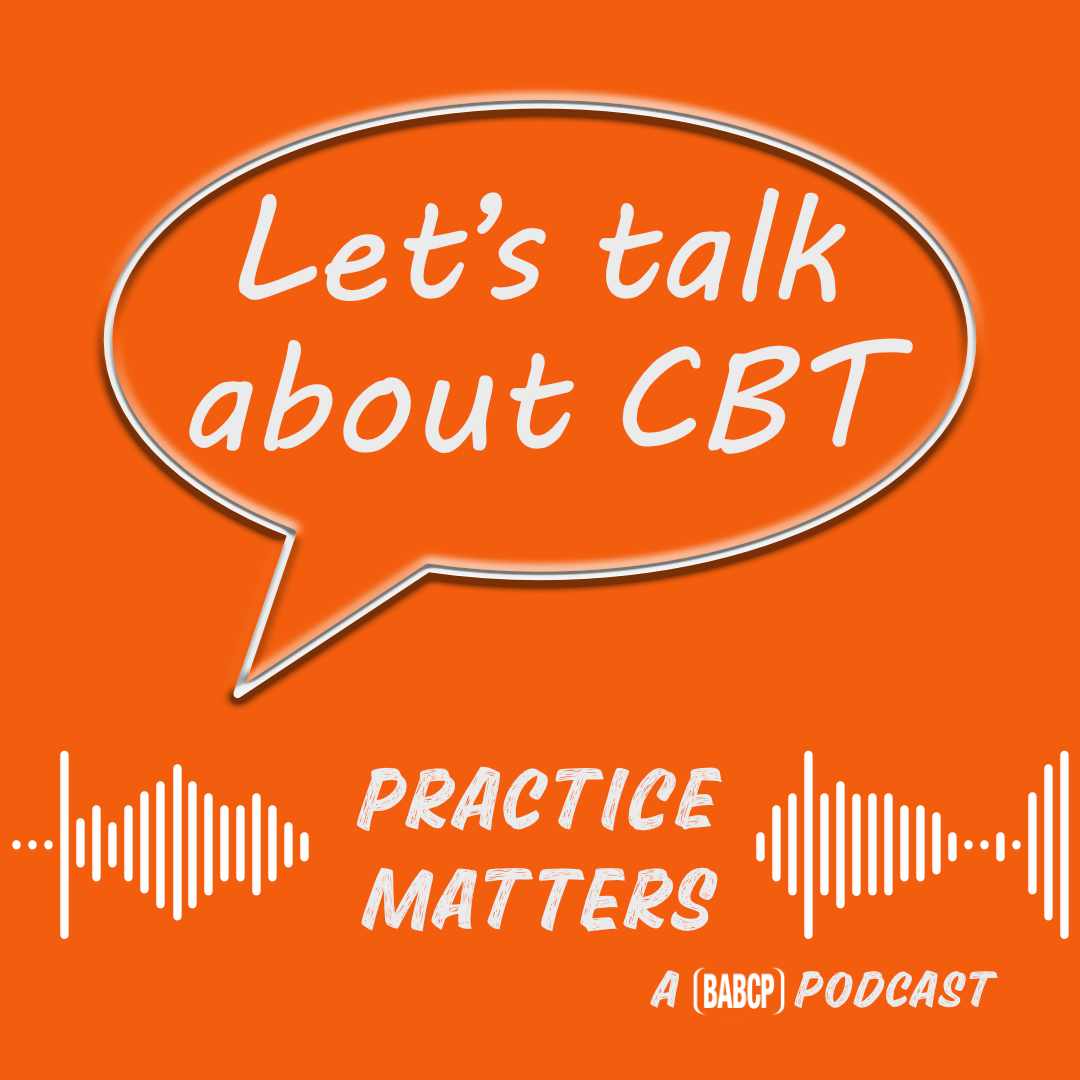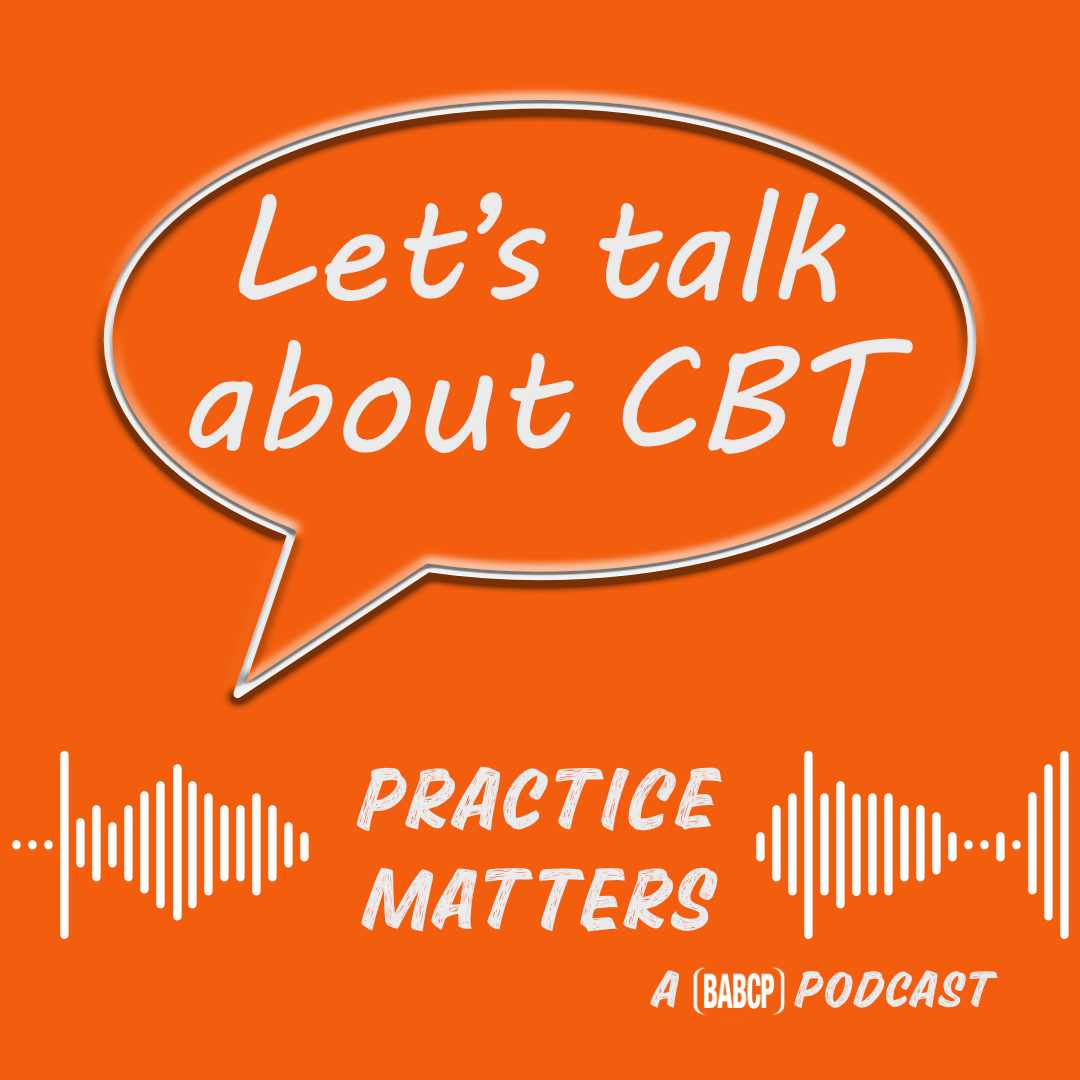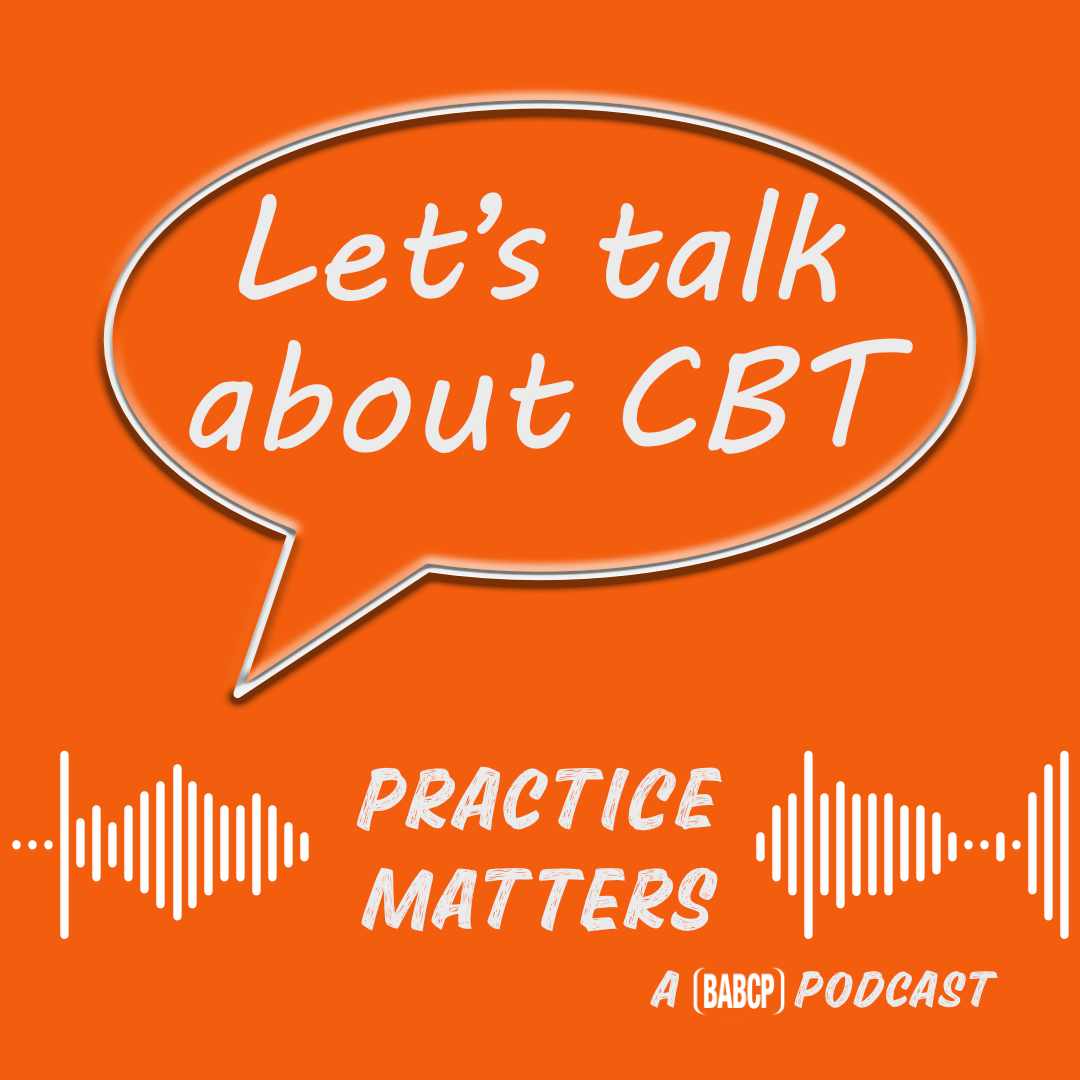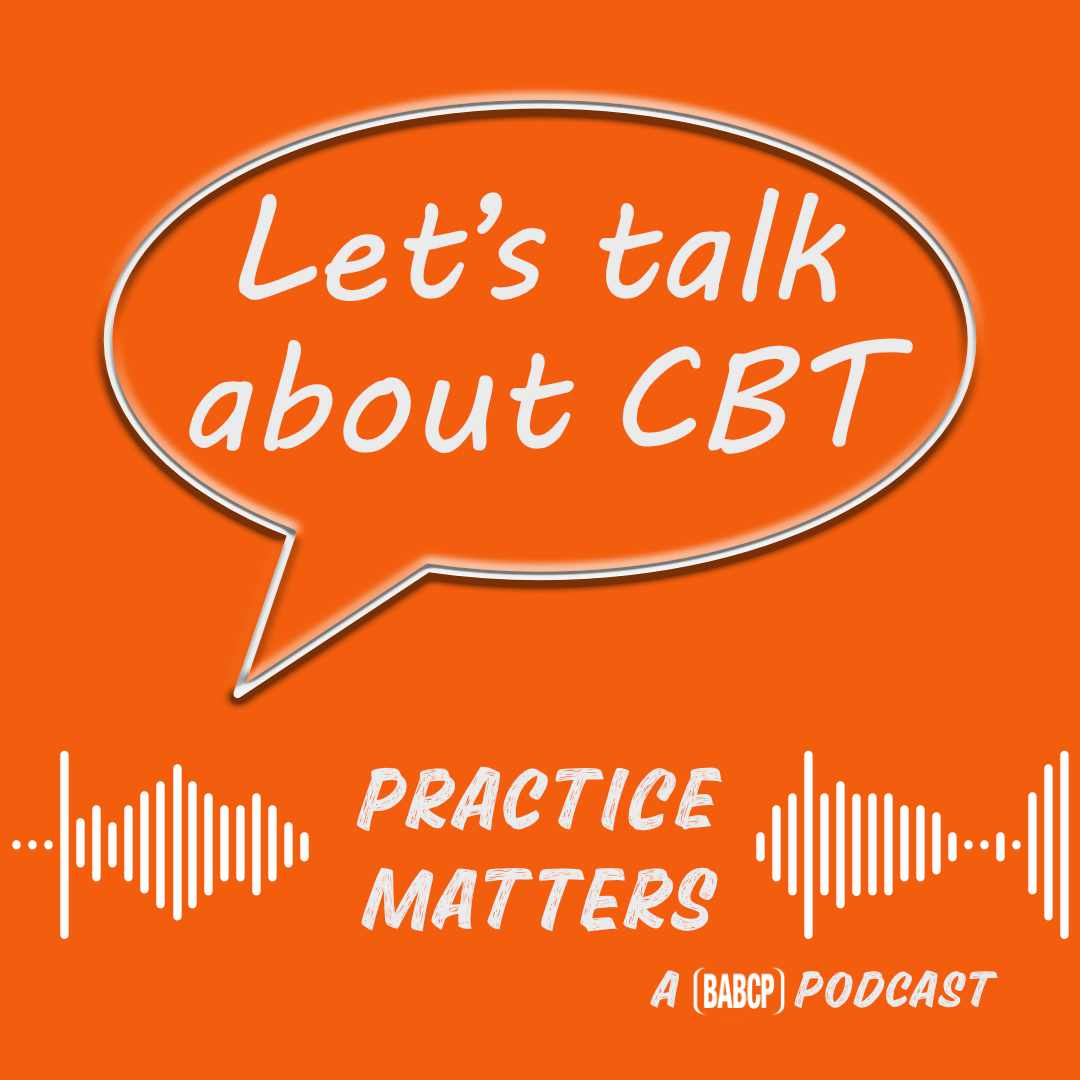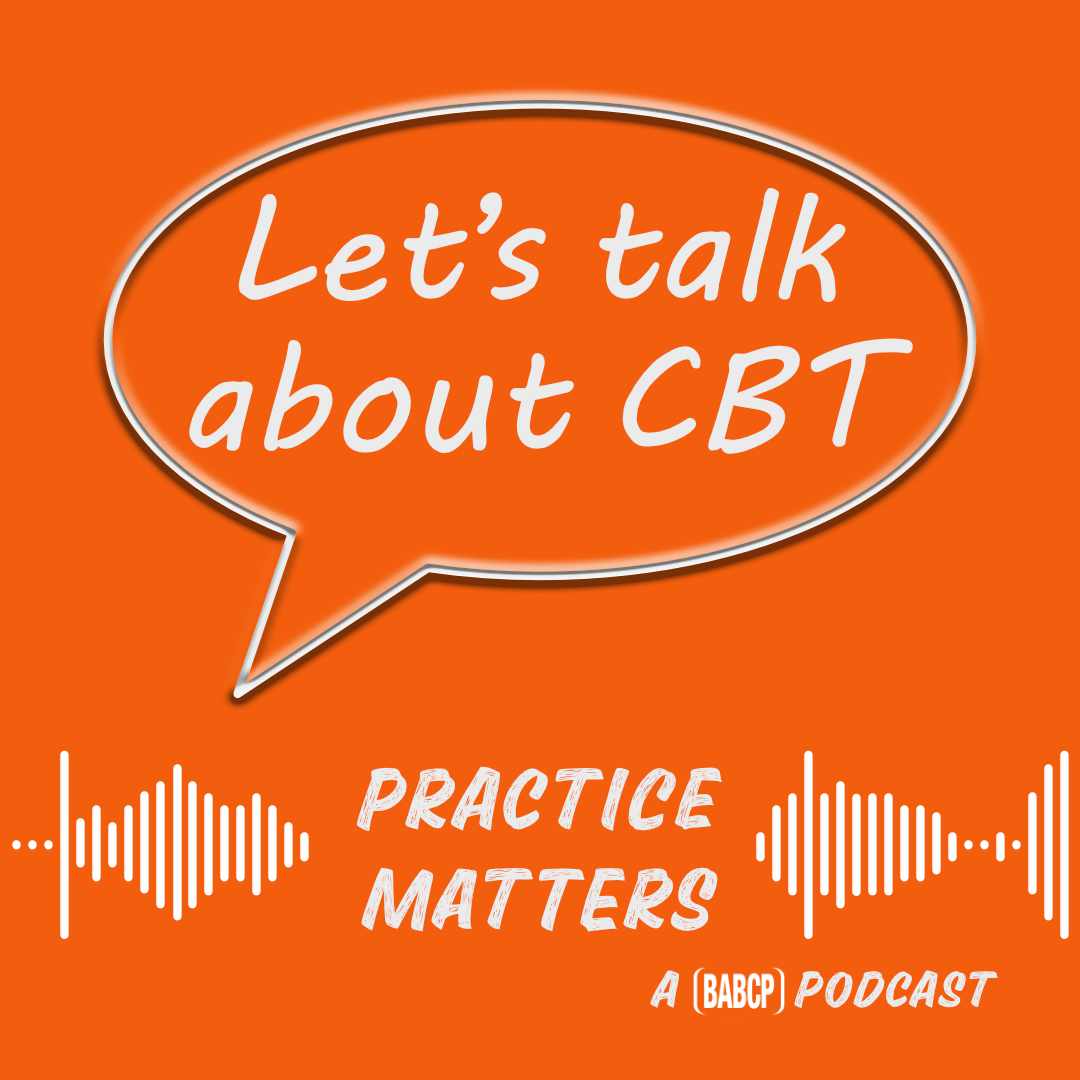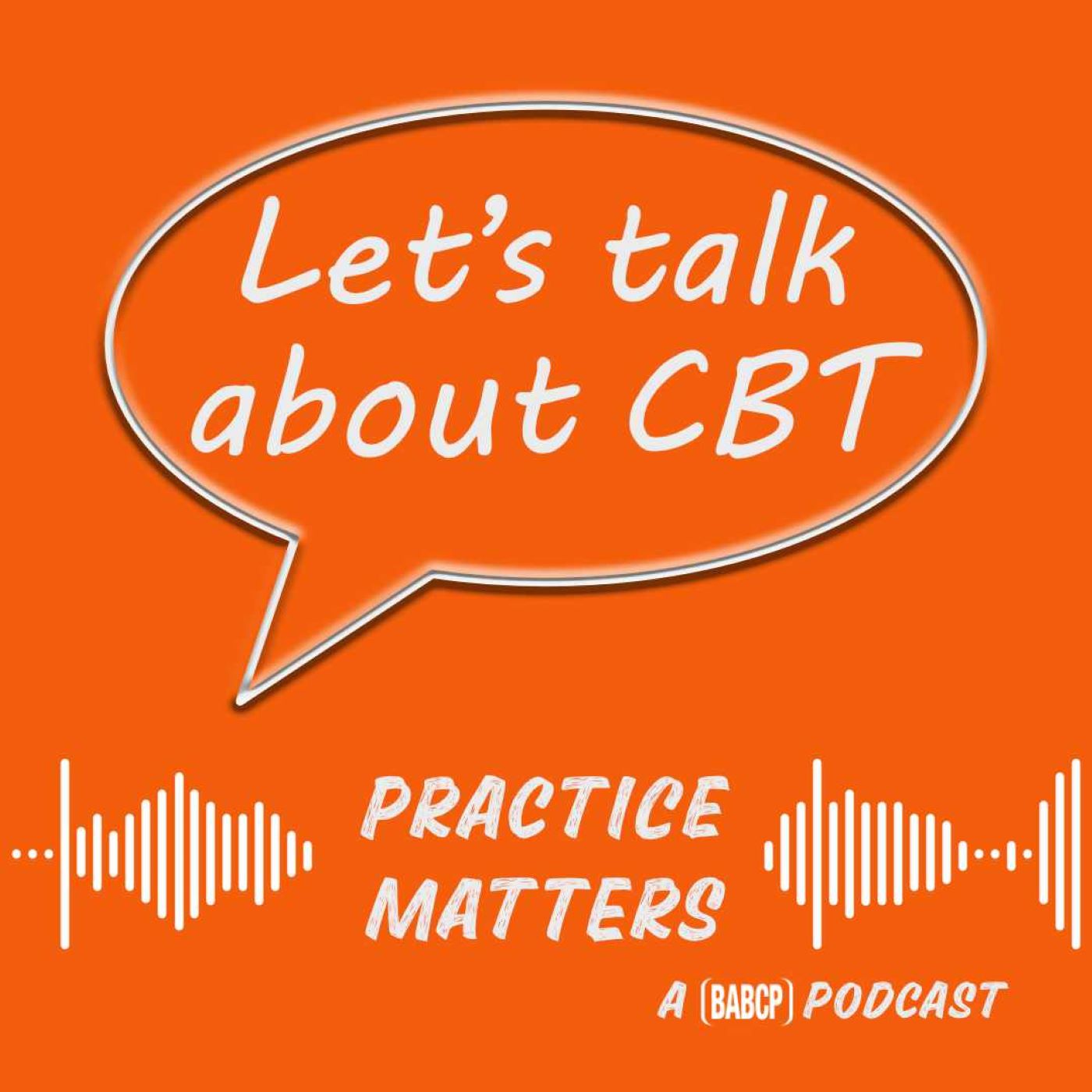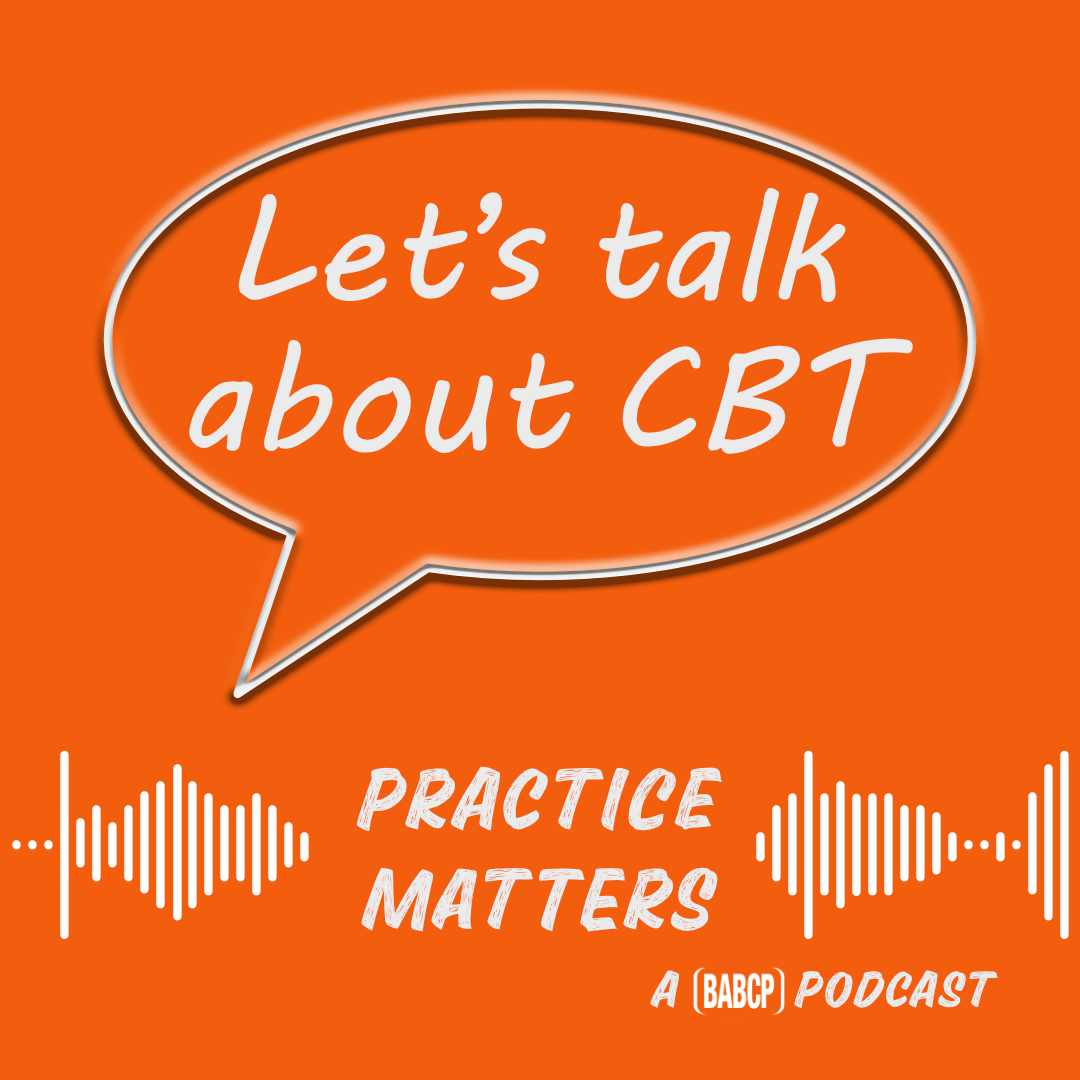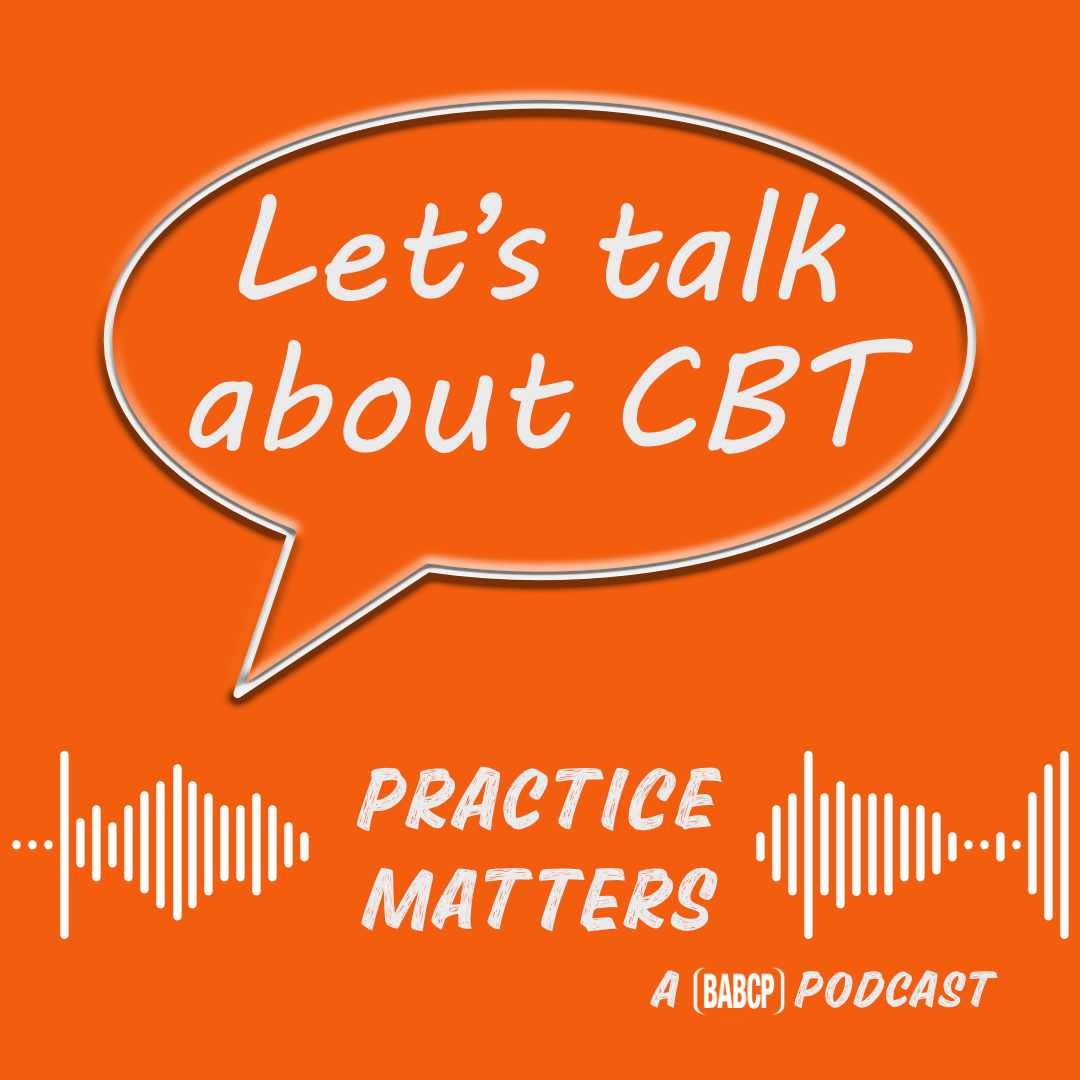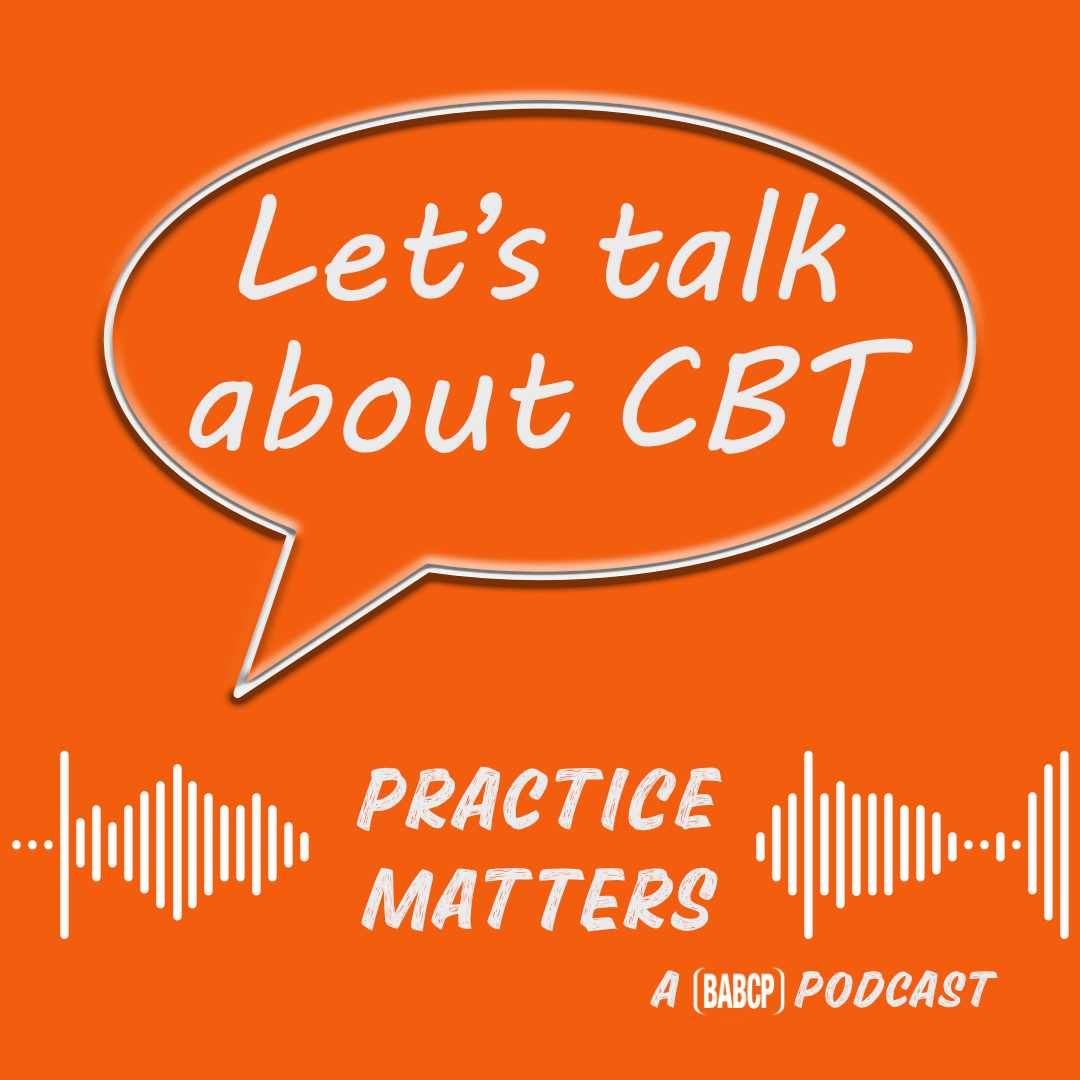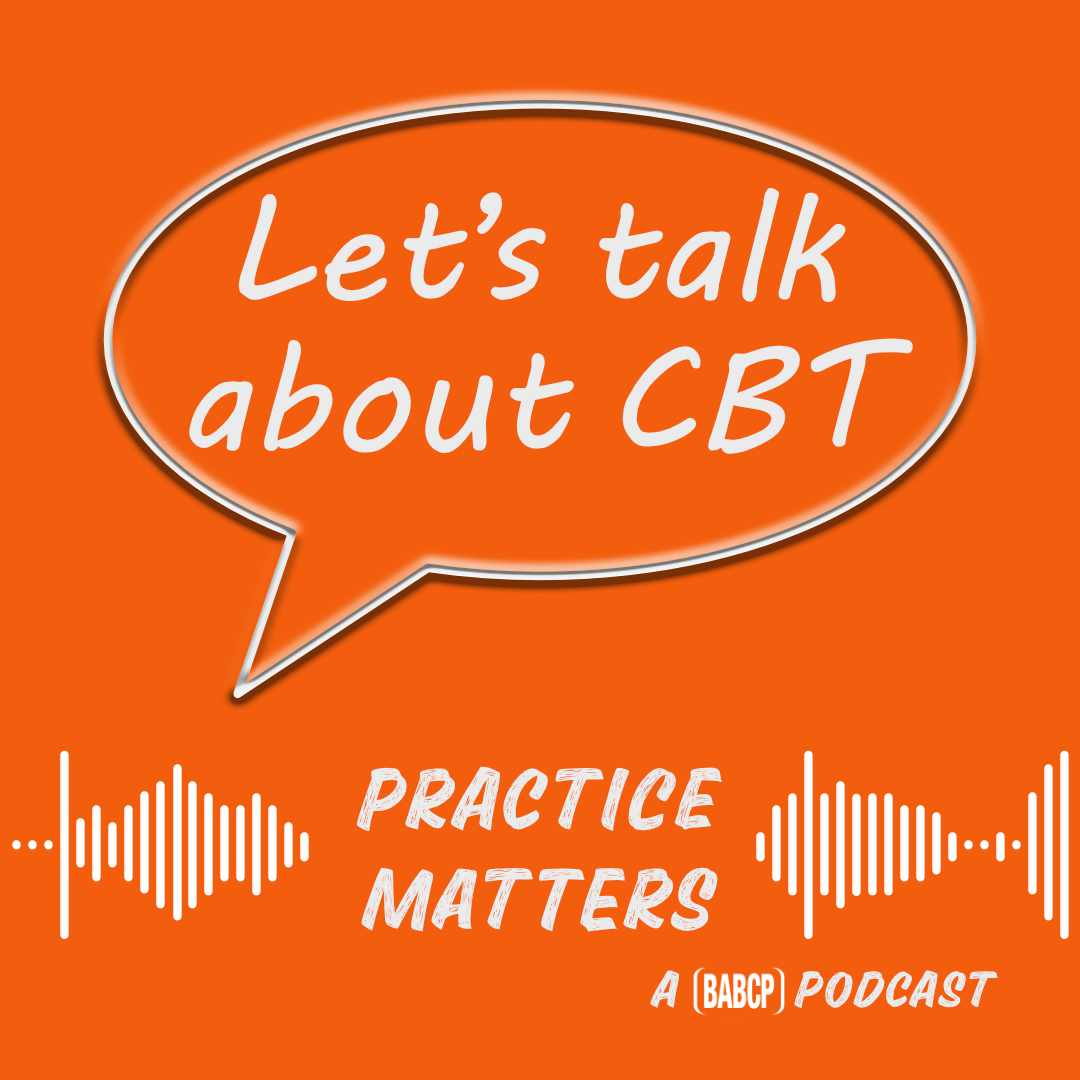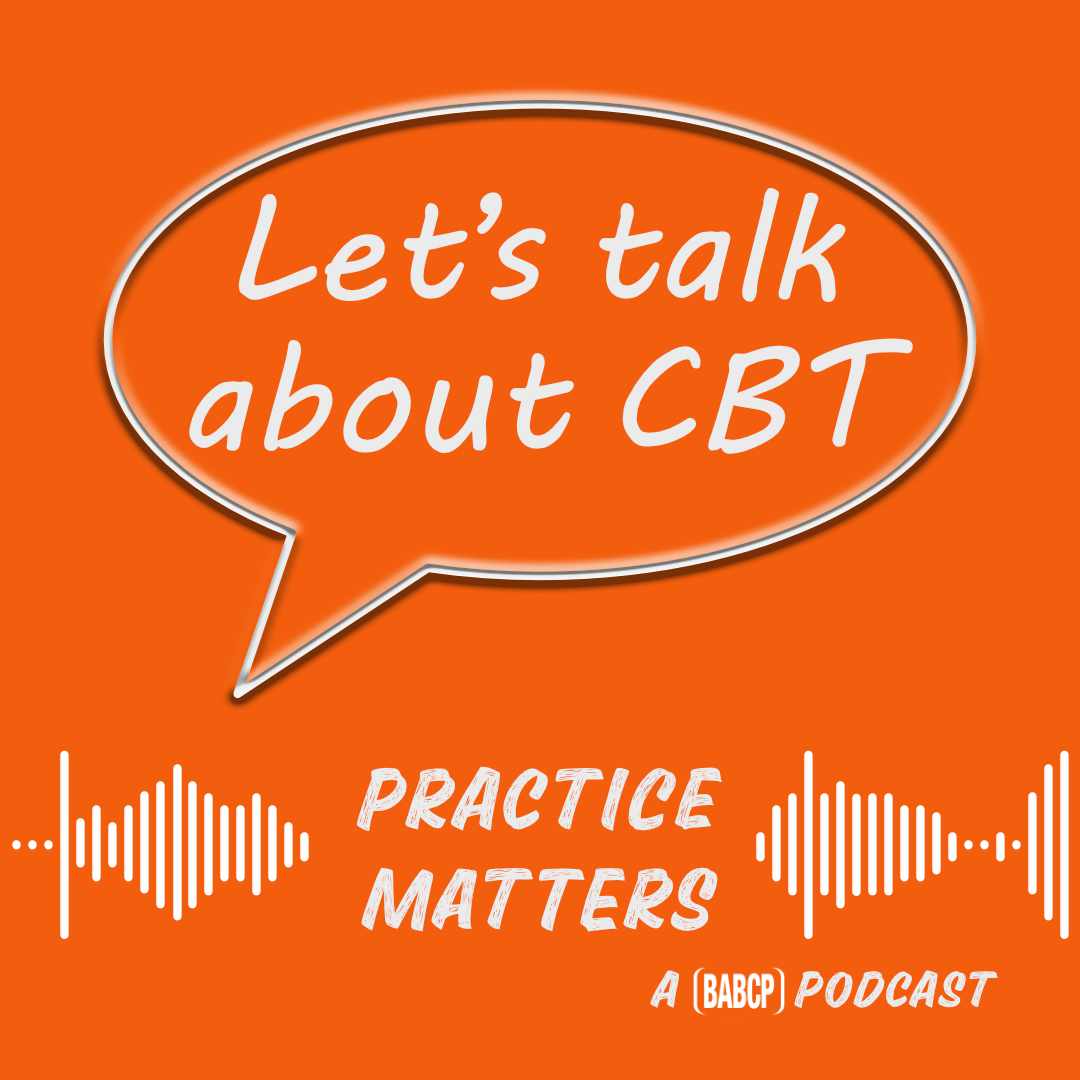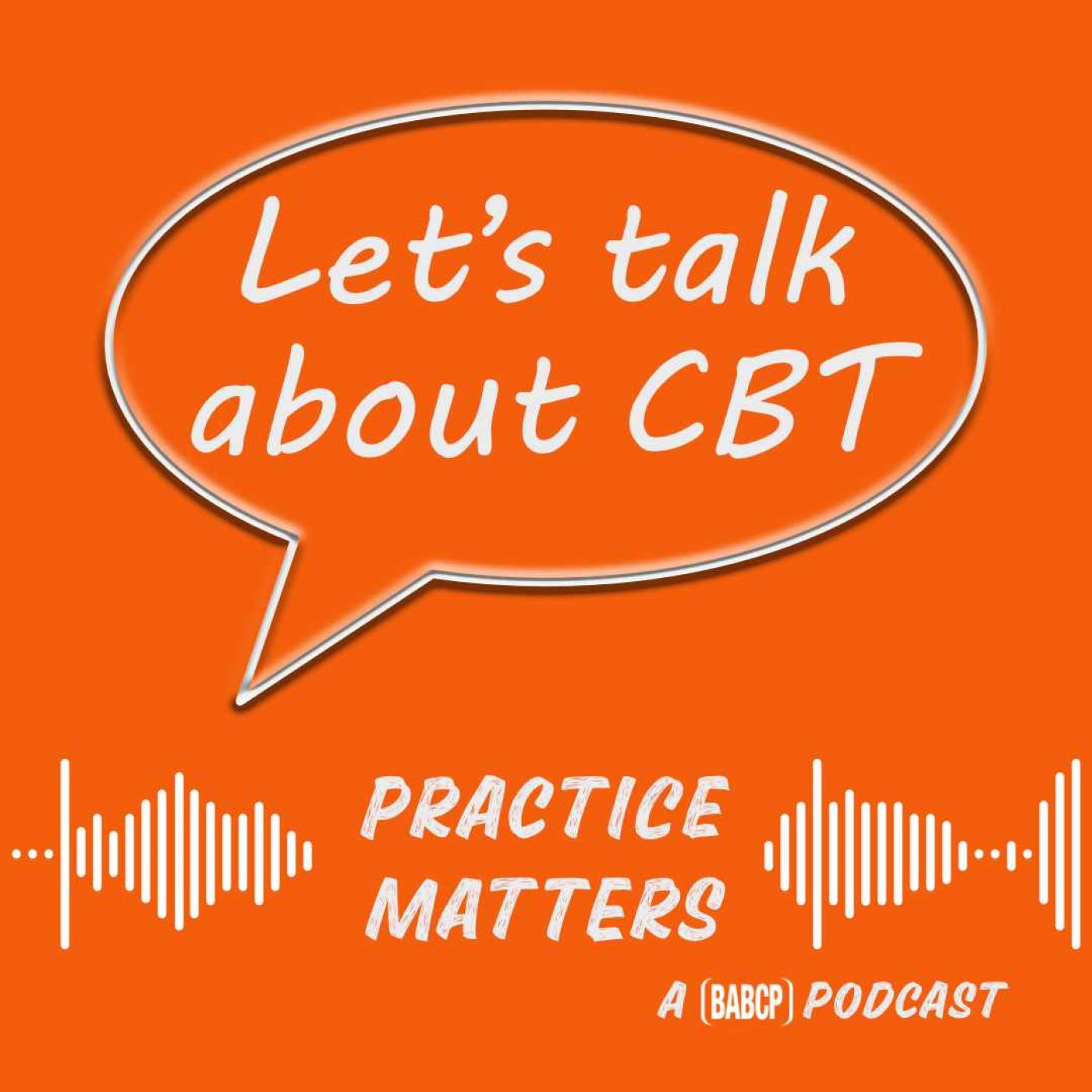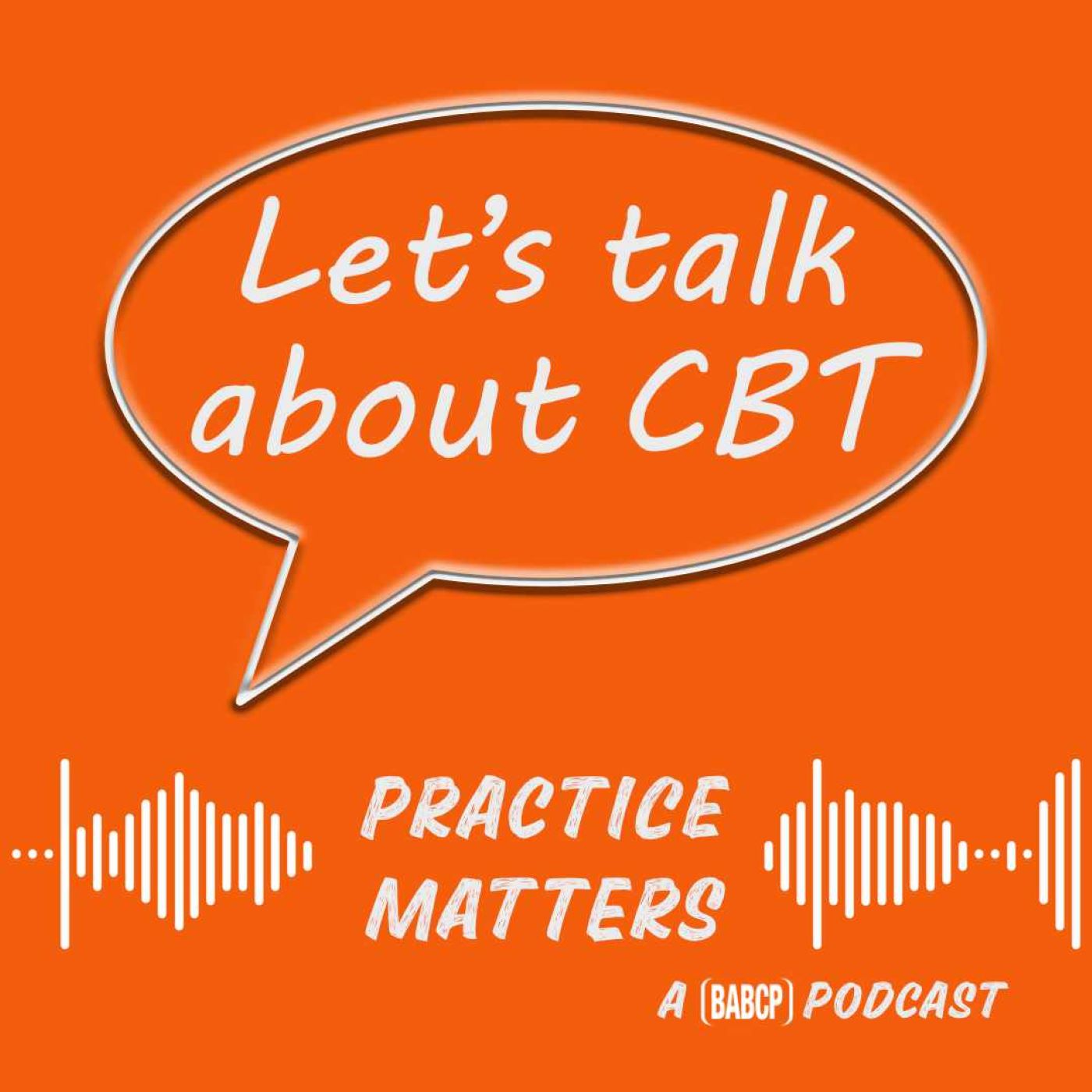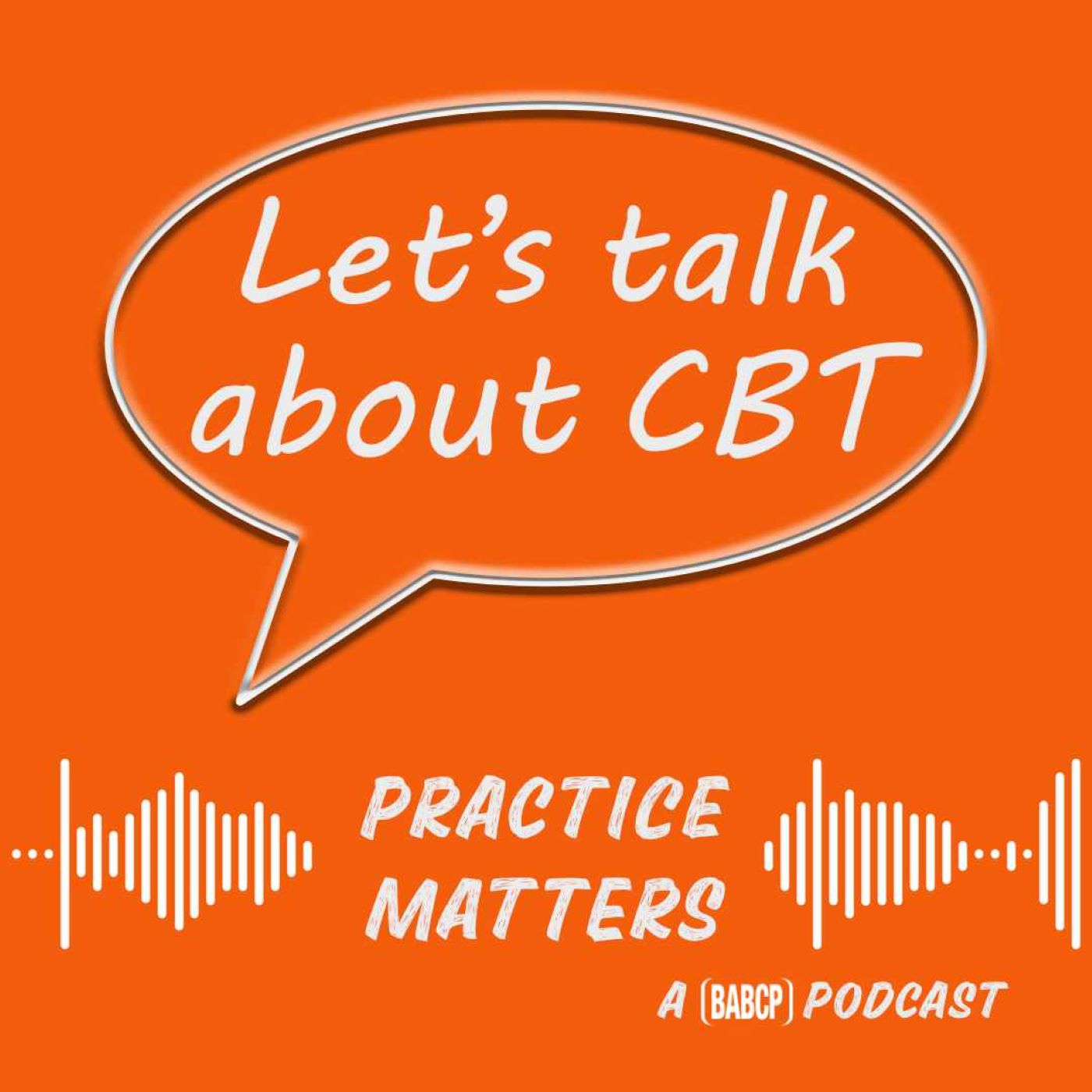Why trauma therapists are like Dr Pimple Popper....Richard Meiser-Stedman on working with children with PTSD
Description
Let's Talk about CBT has a new sister podcast: Let's Talk about CBT: Practice Matters with a brand-new host Dr Rachel Handley, CBT therapist and Consultant Clinical Psychologist.
Each episode Rachel will be talking to an expert in CBT who will share their knowledge, experience, research and professional and personal insights to help you enhance your practice and help your patients more effectively. Whether you are a novice or a seasoned clinician we hope you will find something to stimulate thought and encourage you in your work.
This episode Rachel is talking to Prof. Richard Meiser-Stedman, a leading expert in PTSD in children and adolescents, about Cognitive Behavioural Therapy for PTSD in young people. The episode covers the CBT model for the maintenance and treatment of PTSD, adaptions for working with young people, evidence, challenges and complexities, getting good treatment to the young people who need it and how to survive and thrive as a PTSD therapist.
If you liked this episode and want to hear more, please do subscribe wherever you get your podcasts. You can follow us at @BABCPpodcasts on X or email us at podcasts@babcp.com.
Useful Links:
Link to Prof Richard Meiser-Stedman's publications including RCTs on CT for PTSD in children and adolescents: https://www.researchgate.net/profile/Richard-Meiser-Stedman
UK Trauma Council website: https://uktraumacouncil.org
NICE guidance: Post-traumatic stress disorder NICE guideline [NG116], 2018, https://www.nice.org.uk/guidance/ng116
Materials hosted by UK trauma council – videos: https://uktraumacouncil.org
Books:
Post Traumatic Stress Disorder: Cognitive Therapy with Children and Young People (CBT with Children, Adolescents and Families), Patrick Smith, Sean Perrin, William Yule and David M. Clark: Routledge, 2009
Working with Complexity in PTSD: A Cognitive Therapy Approach, Hannah Murray, Sharif El-Leithy: Routledge, 2022
Treating Trauma and Traumatic Grief in Children and Adolescents, Second Edition, Judith A, Cohen, Anthony P. Mannarino, Esther Deblinger: Guilford, 2017
Credits:
Music is Autmn Coffee by Bosnow from Uppbeat
Music from #Uppbeat (free for Creators!): https://uppbeat.io/t/bosnow/autumn-coffee
License code: 3F32NRBYH67P5MIF
Podcast produced by Steph Curnow for BABCP.
Transcript:
Rachel: Welcome to Let's Talk About CBT Practice Matters, the BABCP podcast for therapists using Cognitive Behavioural Therapy with me, Rachel Handley. Each episode, we talk to an expert in CBT who share insights that will help you understand and apply CBT better to help your patients.
Today, I'm really pleased to be joined by Professor Richard Meiser-Stedman. Richard is a professor in clinical psychology at the University of East Anglia and a leading expert in PTSD in children and adolescents, having completed research in the area for over two decades. One of his earliest research papers, published in 2002, was entitled Towards a Cognitive Behavioural Model of PTSD in Children and Adolescents.
And since that time, he's contributed enormously to research led clinical progress and published a multitude of papers in the area. He led the ASPECT study, looking at the early natural course of traumatic stress reactions and early treatment for PTSD in children and adolescents, for example, and the DECRYPT trial evaluating cognitive therapy as a treatment for PTSD in UK Child and Adolescent Mental Health Services.
So welcome Richard. We're really delighted to have you here.
Richard: Thanks for inviting me.
Rachel: And I'd just like to add to all of those accolades, that as a clinician whose passion is working with adults and PTSD, I have been a long-time admirer of your really important work, which can really stem the tide of a lifetime of suffering for children exposed to trauma. And as a friend, I also greatly admire the fact that you've been so prolific and productive while somehow effectively parenting four children of your own with your equally impressive wife, Caroline. Can you tell us a little bit, Richard, as we start about what got you interested in the field of PTSD in children and young people professionally and personally?
Richard: Yeah, so, I studied psychology as an undergraduate degree at the University of Nottingham and it was a really good training in psychology, and I really enjoyed cognitive psychology. I really enjoyed thinking about how it might be applied to understanding mental health difficulties. I had some interest in being a clinical psychologist even before I went off to study at university and I thought that that sounded like the career for me. And, just things came together around, yeah, the science around PTSD, this condition. And I thought, oh, this is something I'd like to explore further. I felt like I'd got just a kind of, a flavour of research and what it could offer in terms of understanding really difficult mental health problems as an undergraduate student. And I thought, well, let's, let's keep going. Let's see if I can do a PhD. And so, you know, there's just so many things going on in PTSD, just from my initial studies. I just remember thinking, this is absolutely fascinating. There's so many aspects of how the brain is working and how our cognition is functioning that that are dysregulated.
And there was this wonderful paper by Chris Brewin, Stephen Joseph and Tim Dalgleish back in 1996 that had come out just before I started university, which was really drew me in. During university, I got involved in a few things and it's just hearing about people's lives as you do. People start to tell you more things and I did a bit of work on something called Nightline and you started to hear people's stories. And it was clear that trauma can have such a, such a powerful impact on people. And I just felt this, this is something I'd love to know more about. I'd love to see if this is something I could contribute to and I thought, well, maybe if I did some work in this, maybe that'd be a good springboard to a career in clinical psychology,
Rachel: And why kids in particular?
Richard: because Bill Yule and Patrick Smith were happy to supervise me.
Rachel: So, it's the right people in the right place at the right time?
Richard: I mean, only an idiot would do child PTSD research because it's way more complicated than doing adult PTSD research. I mean, adults, they come in and they can say, yes, I'll do your study, I'll do your questionnaire And, it's straightforward and you tend to assume that adults have a reasonably good understanding of things and, you know, they've met all the major developmental milestones. I have no idea how I ended up doing child PTSD. I would have been much happier working with adults.
But, no, I really enjoyed working with children. It's obviously more complicated. There's just a lot more going on, but I managed to get a PhD place funded at the Institute of Psychiatry, as it was then called and Bill Yule who passed away last year, and Patrick Smith, who's now a professor down at King's were happy to, supervise me, and it's just been a huge pleasure to work with them for over 20 years.
Rachel: And as someone who works with adult PTSD, I always think that the really smart and creative people are doing exactly that work. Cause as you say, it's so much more complex to apply this work, with kids who maybe have a lot less autonomy over their system and, and how they can, effect change in their lives.
So, you've been researching the impact of trauma on children and young people for more than 20 years then?
Richard: I started in 2000 doing a PhD, and so, yeah, I was working with Bill Yule and Patrick Smith, and I was an ambulance chaser, so I was, I worked down at King's College Hospital working with children and teenagers, so 10 to 16 year olds who'd been involved in some sort of road traffic collision or an assault, some sort of physical assault. We recruited over a hundred children and young people who'd come through King's and we followed them up and we were trying to understand what was their initial reaction to that kind of experience and then what happened to their reactions over time? At that point, I think Anke Ehlers had done one study wit

